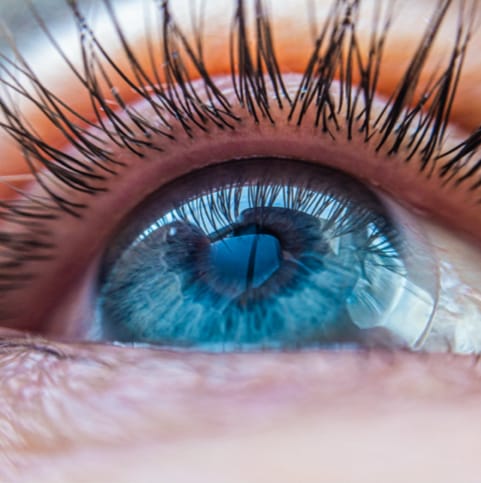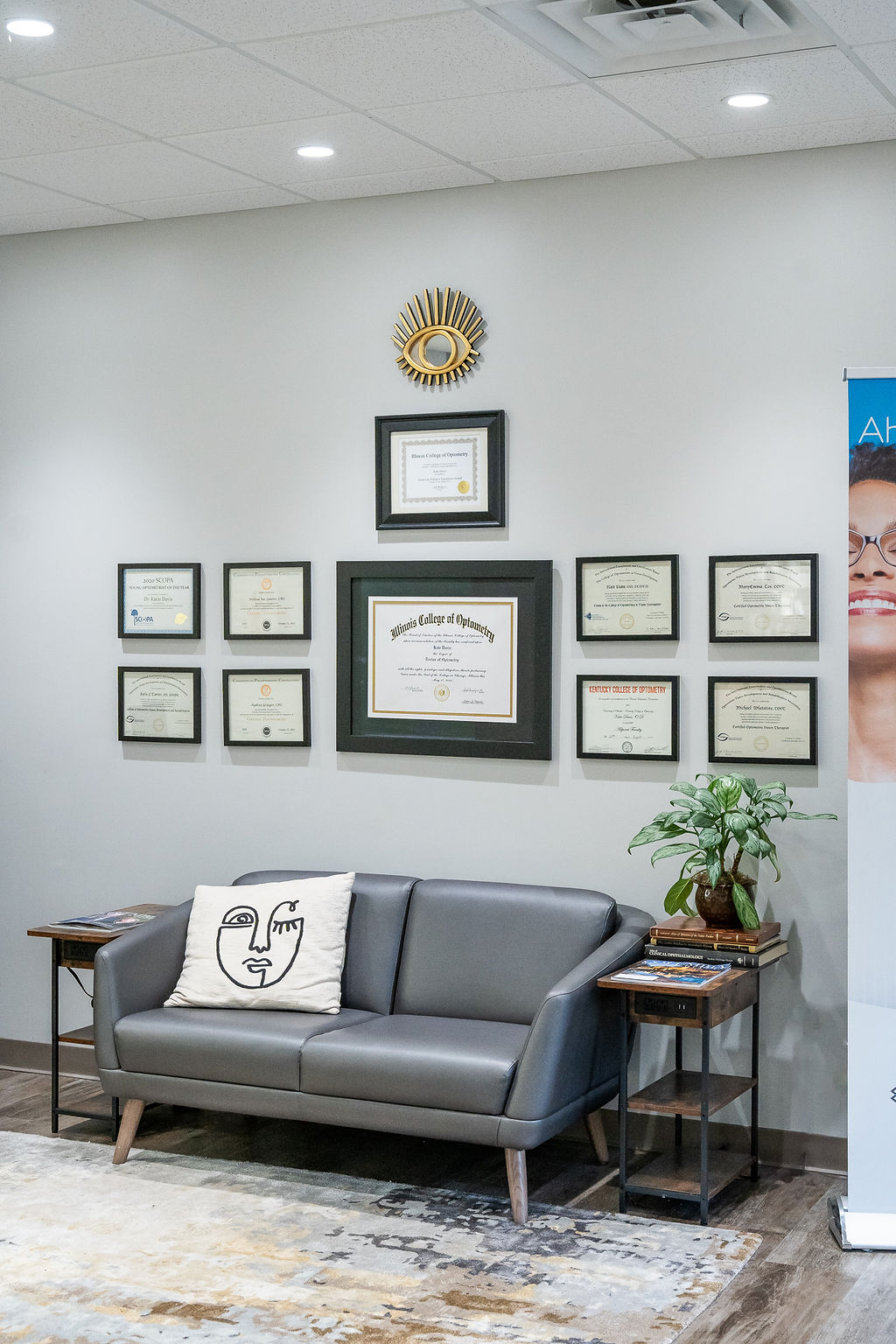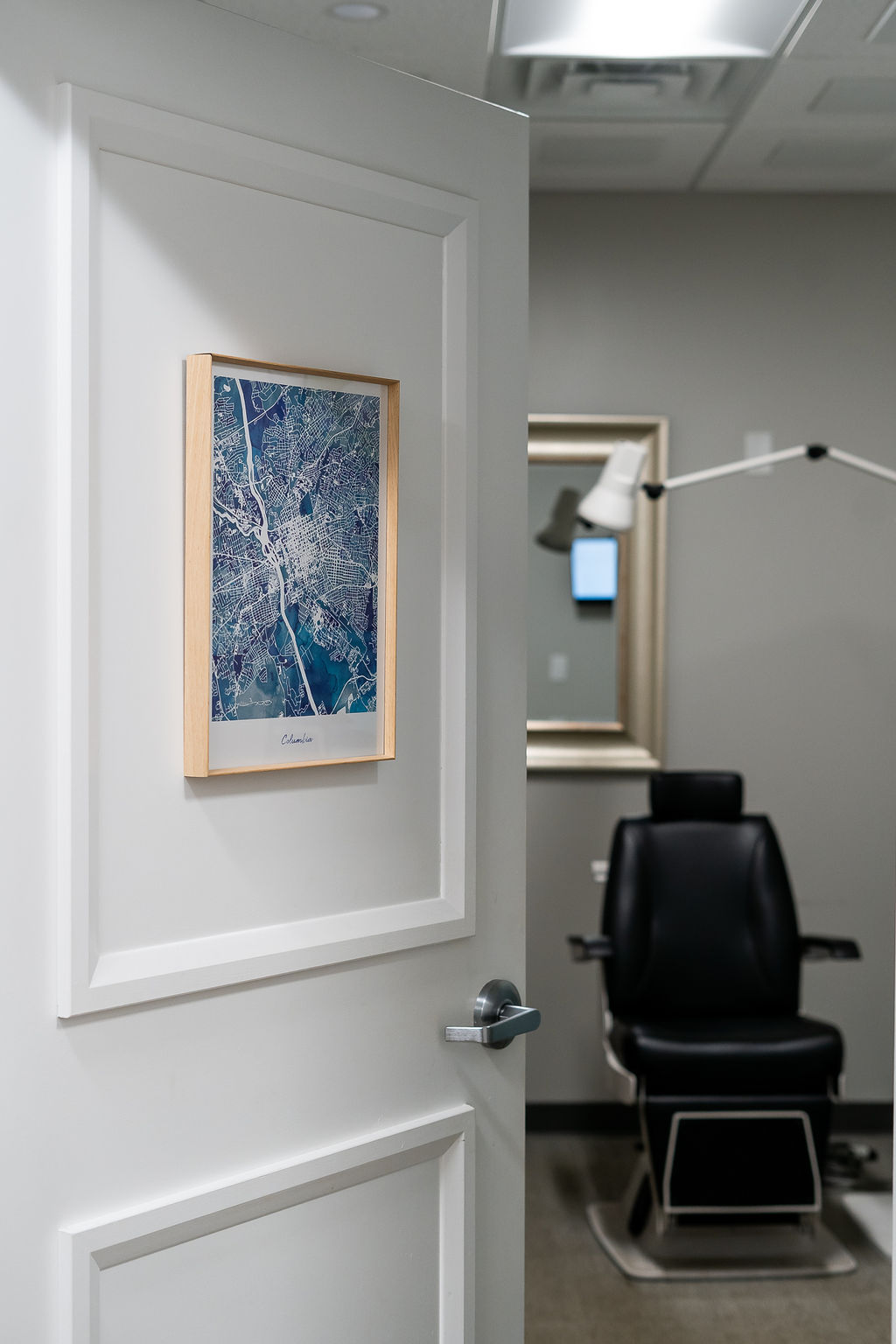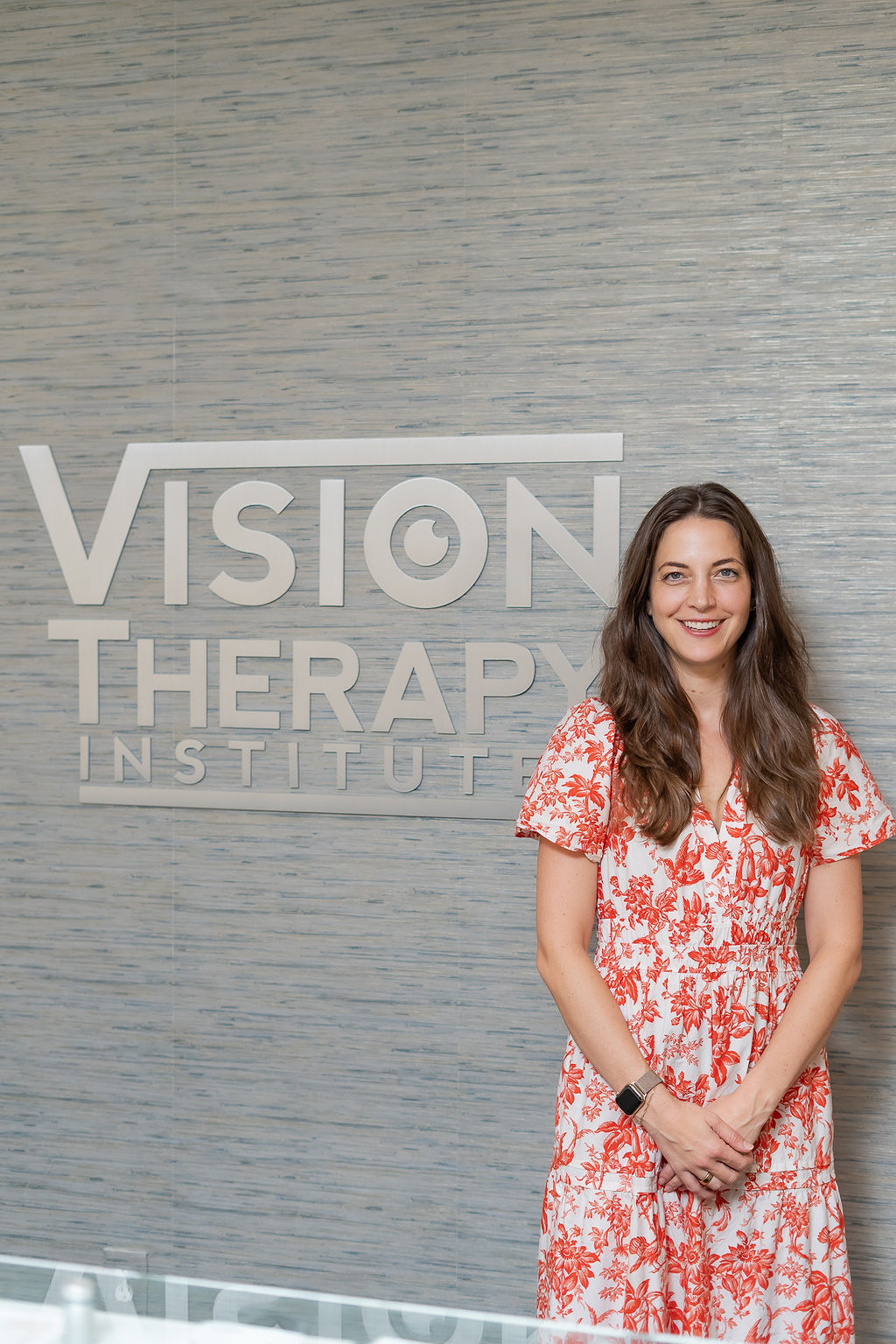Protecting Your Vision Starts with an Eye Exam
Your overall health and your eye health are closely connected, meaning various health conditions could ultimately affect your eyes and vision as well. One of these health conditions is diabetes, which can increase the risk of several eye diseases and conditions.
But there’s no need to worry—we have the tools, technology, and training to detect eye issues connected to diabetes while also providing a personalized management plan fit for your needs. Our inclusive, professional, and care-focused team is ready to help you care for your eyes and vision, and all you have to do is request an appointment.
Request yours today!


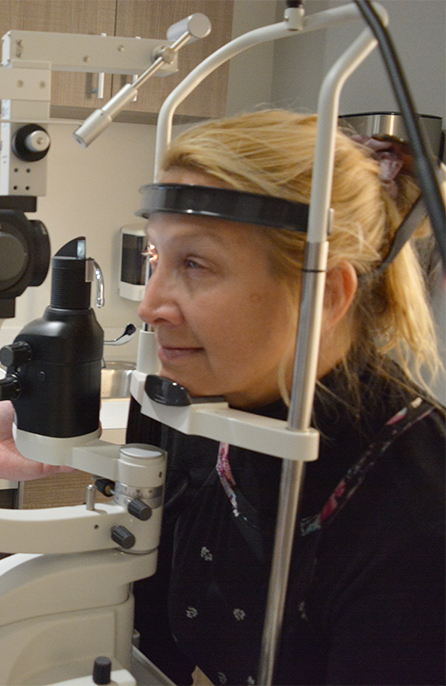

How Diabetes Affects Your Eyes
Diabetes is a systemic disease that affects how your body processes glucose, otherwise known as blood sugar.
Insulin, a hormone produced by your pancreas, transports glucose into your blood cells to provide your body energy. However, diabetes affects how much insulin your body may produce, leading to higher glucose levels in your bloodstream. These excess glucose levels can lead to several different health problems, including some that can affect your eyes and vision.
Because some of these eye diseases can develop with no noticeable symptoms during their early stages, we recommend having an eye exam every year if you have diabetes.

Common Issues Linked to Diabetes
Only a family physician can diagnose diabetes, but we can detect early warning signs during a comprehensive eye exam.
Vision Therapy Institute is proud to use some of the latest technology and techniques for detecting eye issues caused by diabetes. Our Optos ultra-widefield retinal imaging device gives us a complete view of your retinal health, allowing us to diagnose potential problems before they cause permanent vision damage.
Diabetes can increase the risk of:
Diabetic Retinopathy
Diabetic retinopathy is an eye disease where high blood sugar damages your eye’s blood vessels, causing them to bulge, break, and leak fluids into your retina, causing damage over time and leading to vision loss. In severe cases, diabetic retinopathy can create scar tissue on your retina, increasing the risk of retinal detachment.
It’s possible not to experience any symptoms during the disease’s early stages. If you have diabetes, it’s important to have regular eye exams to help detect this issue as soon as possible.
Diabetic Macular Edema
Diabetic retinopathy can also lead to diabetic macular edema, also known as DME. DME is a disease that develops as fluids pool underneath your macula, the centermost part of your retina responsible for providing your central vision.
As fluids accumulate under your macula, your macula may begin to swell, resulting in vision problems that affect your ability to read, drive, and even recognize faces.
Open-Angle Glaucoma
Open-angle glaucoma is the most common type of glaucoma, and diabetes can double your risk of developing it. Open-angle glaucoma occurs as fluids inside your eye build up over time, increasing your ocular pressure and damaging your optic disc.
Learn more about open-angle glaucoma on our Eye Disease Diagnosis & Management page.
Cataracts
Cataracts are one of the most common eye conditions adults and seniors develop as they age. However, diabetes can increase the risk of developing cataracts earlier in life.
Cataracts develop as proteins on your eye’s lens clump together over time, causing your lens to become more rigid. As your lens gets more rigid, though, it can develop a hazy, milky, or yellowish color that can impair your vision.
Choose Vision Therapy Institute
Our eye care team is by your side and is ready to help you make the most of your vision. Call Vision Therapy Institute and get help preserving your vision from diabetes today!


Our Location

OUR ADDRESS
- 3618 Sunset Blvd, Suite A
- West Columbia, SC 29169
CONTACT INFORMATION
- Phone: 803-732-4099
- Fax: 803-227-8992
- Email: [email protected]
Office Hours
- Monday: 8:30 AM – 6:00 PM
- Tuesday: 10:00 AM – 6:00 PM
- Wednesday: 8:30 AM – 6:00 PM
- Thursday: 8:30 AM – 6:00 PM
- Friday: 8:30 AM – 1:30 PM
- Saturday: Closed
- Sunday : Closed
Our Brands















